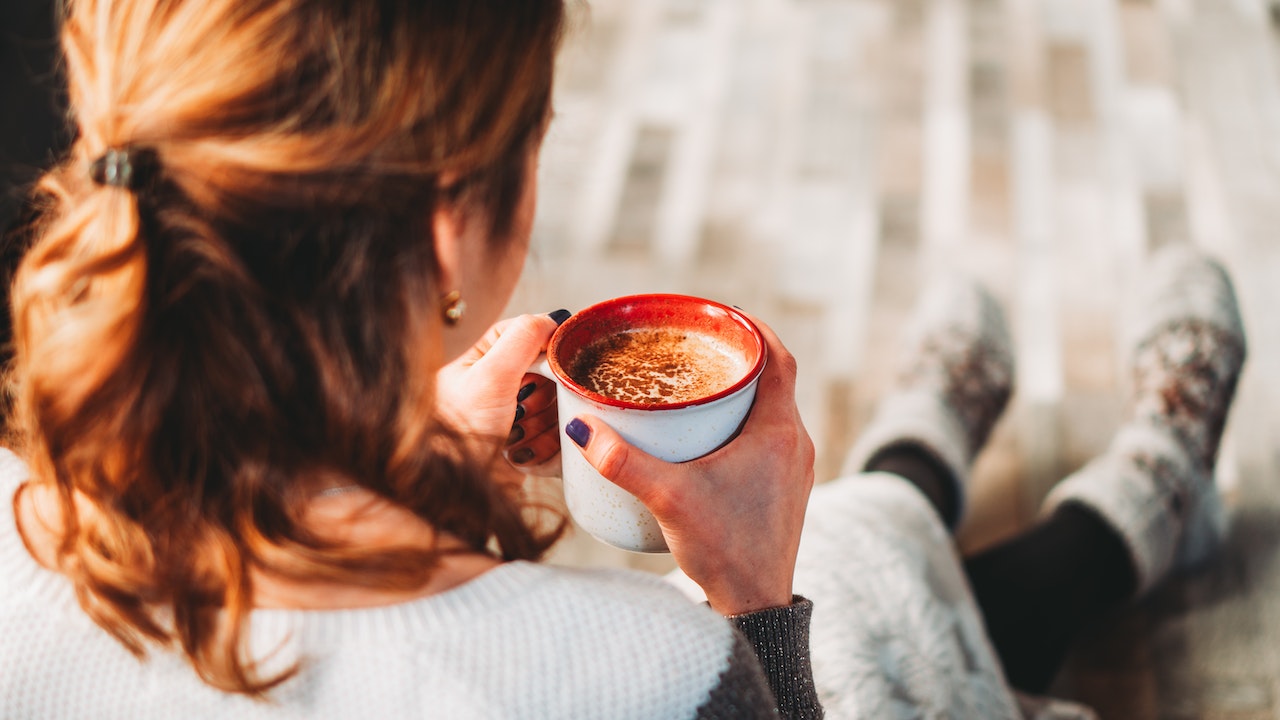Sleep anxiety can make falling and staying asleep challenging. Yet, our anxiety symptoms will increase in severity without adequate sleep. Sometimes, you need to train your mind to accept when it is time to sleep. You need to trigger your mind to wind down. This happens with proper sleep hygiene in the form of a bedtime routine.
What is sleep anxiety?
Sleep anxiety is the inability to fall asleep or stay asleep due to worries and fears. You may even be afraid to sleep. Some people with sleep anxiety develop regular nightmares that only heighten their anxiety. They should speak to their physician to confirm the nightmares are due to anxiety and not medication.
What causes sleep anxiety?
Sleep anxiety can result from sleep disorders, like nightmare disorder or somniphobia, making the person afraid to fall asleep. Worries over the future, finances, life events, health crises, and relationships can also cause sleep anxiety.
Hormonal changes as a person ages can contribute to insomnia and sleep disorders. Other mental health disorders and medications can lead to sleep anxiety. The condition may be temporary, depending on the cause. Sleep anxiety is treatable through lifestyle changes, proper sleep hygiene, and counseling.
How to Make Proper Sleep Hygiene a Habit
Many of us lead busy lives. We stay up late, either working or trying to enjoy the peace and quiet of the house while everyone else is asleep. When we try to fall asleep, our thoughts race with worries and fears about everything. When sleep does arrive, it is short, and we awaken at 3 AM, unable to fall back asleep.
We need to trigger the brain to recognize a bedtime routine. This can only occur by making it a habit and combining it with relaxation techniques like stretching and journaling to combat sleep anxiety.
Start after dinner
 The best time to start your new bedtime routine or ritual is after dinner. Instead of lounging in front of the television, start your routine after cleaning the kitchen and getting everyone ready for the next day. Save yourself some time and stress by laying out outfits for the next day for yourself and your children. Pack any lunches and decide what you will have for dinner tomorrow night. This removes those worries from your mind.
The best time to start your new bedtime routine or ritual is after dinner. Instead of lounging in front of the television, start your routine after cleaning the kitchen and getting everyone ready for the next day. Save yourself some time and stress by laying out outfits for the next day for yourself and your children. Pack any lunches and decide what you will have for dinner tomorrow night. This removes those worries from your mind.
Practice a relaxation technique
Next, transition into your bedtime routine by practicing a relaxation technique. Don’t try full-blown exercise this close to bedtime, as the endorphin release will interfere with sleep. Instead, try Progressive Muscle Relaxation, yoga, Pilates, Tai-chi, stretching poses, or a massage pad.
Bathe or shower
Substances like water or lotion on the skin help combat anxiety and depression by activating the parasympathetic nervous system. Warm water raises your core body temperature, which affects your circadian rhythm. Take a warm bath or shower and then use a nice lotion or body cream while your skin is slightly damp to maintain moisture.
Journal your thoughts, worries, and blessings
Before climbing into bed, focus your thoughts and worries on paper. Journaling is an effective way to remove those from the front of your mind. Follow up with a list of three blessings from today. It is almost impossible to worry and feel blessed at the same time.
Read or listen to music
Your bed should be for only a few activities so that your brain recognizes this as the place for sex, to unwind, and for sleep. You may want to brew herbal tea or caffeine-free hot cocoa while listening to music or reading.
Keep an eye on the time. This is your time to rest and unwind before sleep, but don’t get so engrossed in a book that you miss your bedtime. If you are used to staying up late, dial your bedtime back by fifteen minutes every week until you turn off the lights when you want.
Practice your bedtime ritual every night
You probably will not fall asleep right away the first few nights. Continue practicing your new bedtime ritual. Sleep hygiene is vital for your mental health; breaking bad habits and forming new ones takes time. Avoid screens for at least two hours before bed and refuse to get up once safely tucked in bed. Give yourself several weeks for your new routine to become a habit.
Christian Counseling for Anxiety in Irvine, CA
Sleep anxiety affects mood and mental and physical health. You cannot regulate your emotions when you are exhausted, and you may make rash decisions. Contact us today at Irvine Christian Counseling in California for help with sleep anxiety. We will connect you with a Christian counselor in Irvine, California for an assessment. Get started today.
Photo:
“Horses in a Field”, Courtesy of Annie Spratt, Unsplash.com, Unsplash+ License
-
Melissa Plantz: Author
Melissa Plantz is a Christian author and freelance writer. She spent twenty years in the pharmacy industry and has specialized in faith, fitness, nutrition, geriatrics, and mental health since 2015. She writes from the beautiful Lake Marion area in S...
DISCLAIMER: THIS ARTICLE DOES NOT PROVIDE MEDICAL ADVICE
Articles are intended for informational purposes only and do not constitute medical advice; the Content is not intended to be a substitute for professional medical advice, diagnosis, or treatment. All opinions expressed by authors and quoted sources are their own and do not necessarily reflect the opinions of the editors, publishers or editorial boards of Irvine Christian Counseling. This website does not recommend or endorse any specific tests, physicians, products, procedures, opinions, or other information that may be mentioned on the Site. Reliance on any information provided by this website is solely at your own risk.





